Cirrhosis
Patient care instructions
This information will help you care for yourself and know what to watch for when you are at home.
Be active
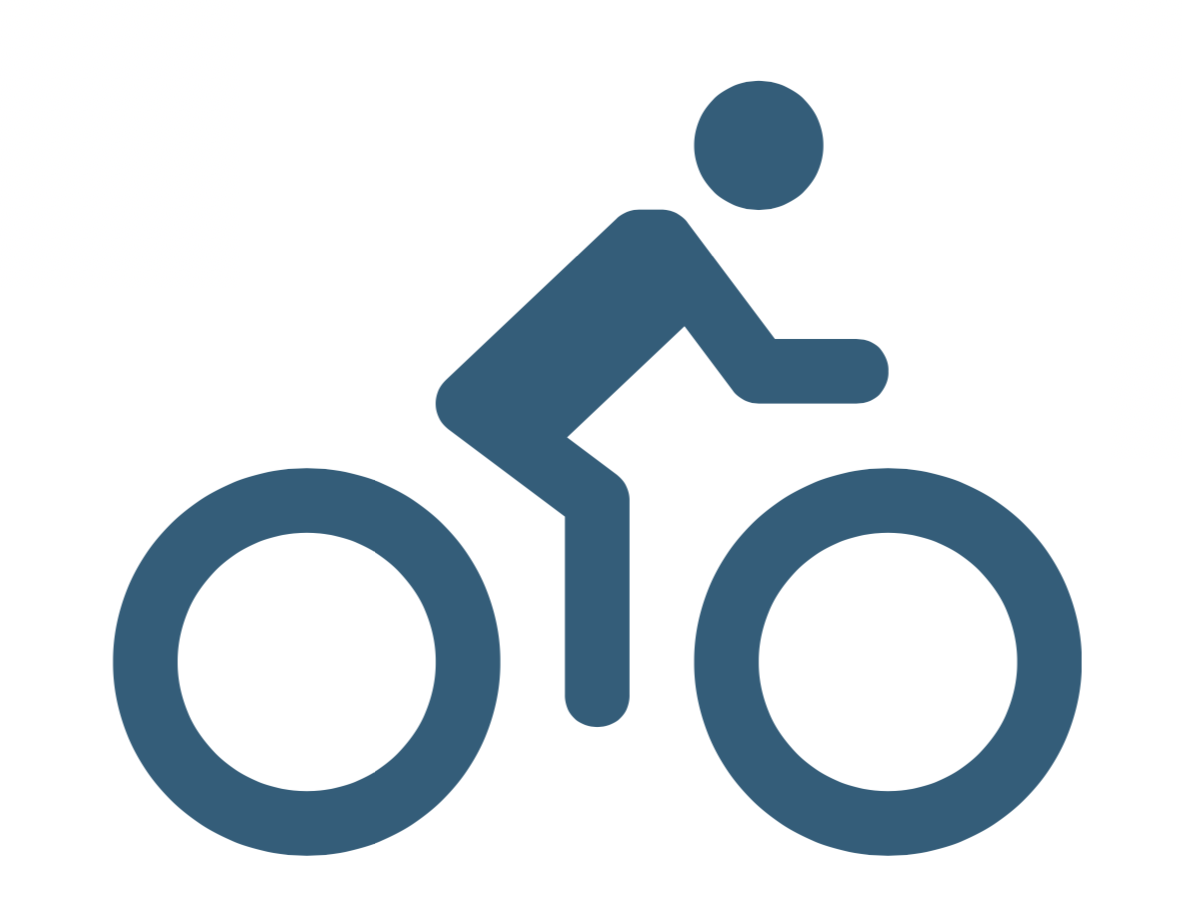
Physical activity helps you keep and build muscle.
- Start walking at least 10 minutes a day, 3 to 4 days a week.
- Go for longer walks and walk more often. Build up to walking every day and at least 150 minutes each week.
- Do resistance exercises and balance training 2 or 3 days each week.
Ask your healthcare provider for advice about being active.
Eat healthy
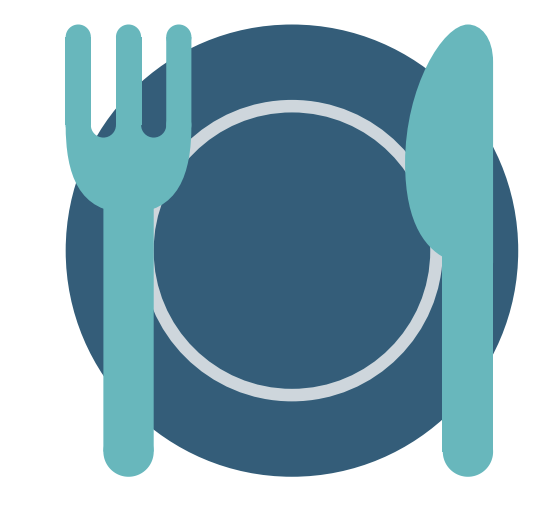
Healthy eating is important to help you manage weight, prevent other health problems, and keep your body strong.
- Eat the right amount of protein and calories that you need.
- Eat every 3 to 4 hours during the day.
- Have a snack before bed and eat breakfast soon after you wake up.
- If you have a build-up of fluid, don’t have more than 2,000 mg of sodium each day.
Talk to your healthcare provider about how many calories and how much protein and other nutrients are right for you.
Things to watch for
It’s important to know how to manage your condition and other health conditions caused by cirrhosis. These include fluid build-up, bleeding, and hepatic encephalopathy. Learn more about these conditions below.
Tracking your health information will help your doctor manage your condition.
Let your healthcare team know if you have:
- feelings of depression or anxiety
- muscle cramps
- pain
- weight loss
- itching
- trouble sleeping
Fluid build-up
Cirrhosis can cause fluid to build up in different areas of the body. This leads to swelling (also called edema).
- Fluid that builds up in the belly is called ascites.
- Fluid that builds up in the lungs is called pleural effusion.

If you’re being treated for a build-up of fluid, it’s important to weigh yourself each morning. Weigh yourself before breakfast, before you drink anything or take medicine, and after you pee (urinate).
Keep track of your weight each day in a notebook or app on your phone. Let your healthcare provider know if you:
- lose 2 pounds (0.9 kg) or more in a day, for 2 days in a row
- lose more than 7 pounds (3.2 kg) in a week
- gain 2 pounds (0.9 kg) or more in a day, for 2 days in a row
- gain 5 pounds (2.3 kg) in a week
- see more swelling in your belly, legs, or feet
- have shortness of breath when you’re active or lying down
Some of the treatments for fluid build-up include limiting salt, taking diuretic medicines (water pills), and draining fluid from your body (through a procedure called paracentesis or thoracentesis).
Your healthcare provider may have you do blood tests regularly, especially if you take diuretic medicines.
Bleeding
Cirrhosis can limit the amount of blood that flows into the liver. This can lead to a build-up of pressure in the vein that supplies blood to the liver (called the portal vein). This pressure can cause veins in the esophagus, stomach, and rectum to widen (enlarge). If this happens, you’re at risk of bleeding from these enlarged veins (called varices).
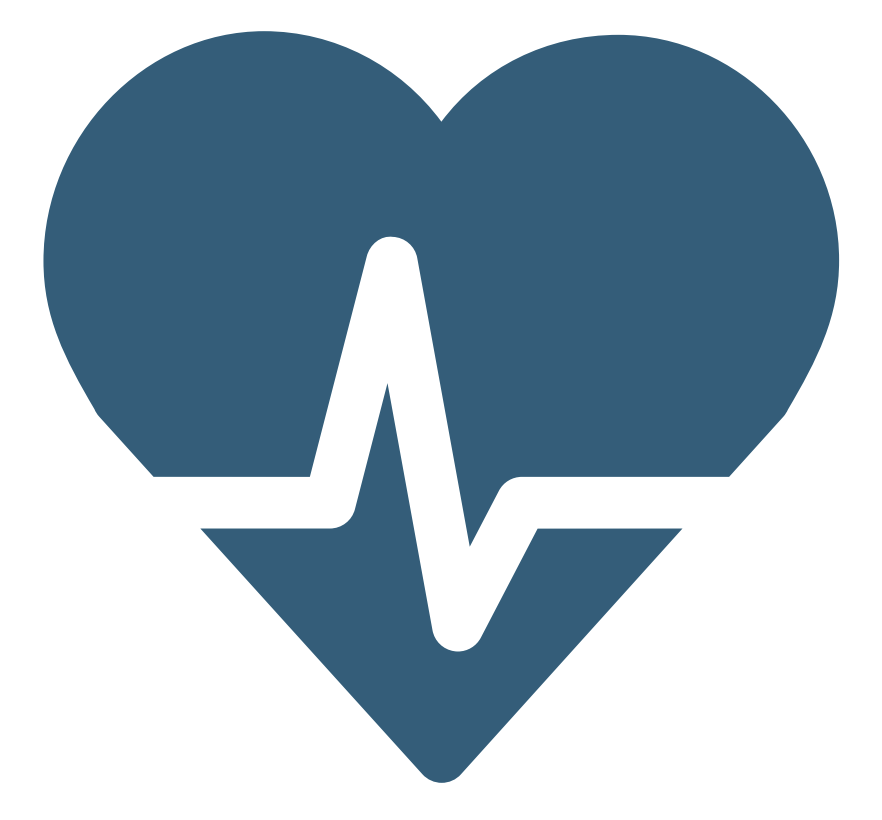
You may need to take blood pressure medicine to prevent bleeding from these veins. When you take blood pressure medicine, check your blood pressure and pulse 2 to 3 times a week. Rest for at least 5 minutes before you check these measurements.
Record your measurements in a notebook or app on your phone. Let your healthcare provider know if:
- your pulse is less than 50 beats per minute
- the first (or top) number of your blood pressure is lower than 90 (the first or top number is called the systolic blood pressure)
- you are dizzy or lightheaded, or you fall
Check the colour of your bowel movements (stool) for signs of bleeding. If there’s blood in your stool, it may be black or look like tar.
Your healthcare provider may also recommend that you have an endoscopy to look for or treat any varices.
Hepatic encephalopathy
Cirrhosis can lead to a condition in the brain called hepatic encephalopathy. Hepatic encephalopathy can happen when the liver is damaged and can’t filter toxins from the blood. It can make you forgetful, confused, sleepy, or shaky. Your healthcare provider may prescribe lactulose (Comalose) or rifaximin (Zaxine) if you have hepatic encephalopathy.
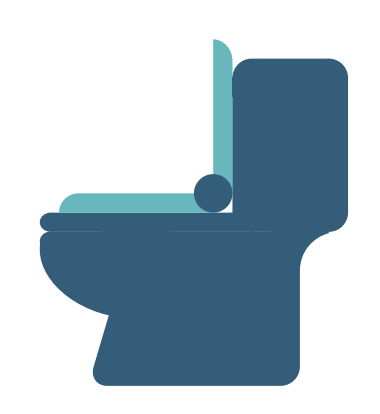
If you take lactulose, record the number of bowel movements you have each day in a notebook or app on your phone. Take enough lactulose so you have 2 to 3 medium to large, soft bowel movements each day. Don’t take more than you need because it may make you dehydrated. But if you don’t take enough, you may feel confused.
If you’ve had hepatic encephalopathy, don’t take medicines that can make you sleepy. Let your healthcare provider know if you:
- have trouble adjusting the dose of lactulose to have 2 to 3 medium to large, soft bowel movements each day
- feel tired, sleep more, or your sleep patterns change so you’re up at night and sleep during the day
- have trouble concentrating or remembering things
- have a change in your personality
- notice shaking of your body (called a tremor) or are unsteady (feel like you may fall)
When to call for help
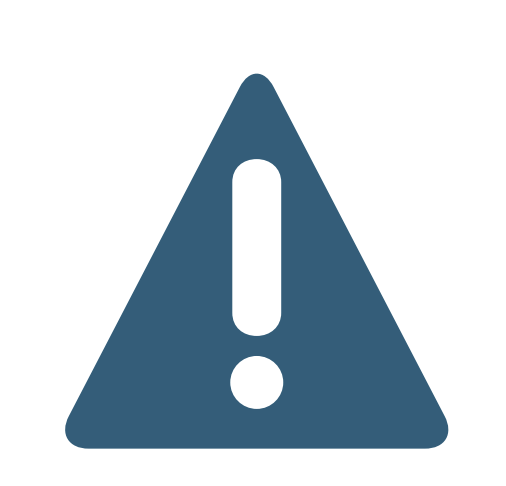
Contact your healthcare provider right away, go to the nearest emergency department, or have someone call 911 if you:
- have trouble breathing
- have a sharp pain in your belly that doesn’t go away
- have a fever (a temperature of 38°C or higher)
- have a temperature between 37.5°C and 37.9°C and you feel unwell
- have severe confusion or sleepiness
- can’t speak, walk properly, or follow directions
- have nausea and vomiting
- are vomiting blood or something that looks like coffee grounds
- have black or tar-like bowel movements
More information
Find out more about these topics on MyHealth.Alberta.ca
Other places to go to find out more:
For addiction support and treatment services in your community, call Health Link at 811.
To see this information online and learn more, visit MyHealth.Alberta.ca/health/pages/conditions.aspx?Hwid=custom.ab_cirrhosis_inst_adult.

For 24/7 nurse advice and general health information call Health Link at 811.
Current as of: May 30, 2023
Author: Digestive Health SCN – Alberta Health Services
This material is not a substitute for the advice of a qualified health professional. This material is intended for general information only and is provided on an "as is", "where is" basis. Although reasonable efforts were made to confirm the accuracy of the information, Alberta Health Services does not make any representation or warranty, express, implied or statutory, as to the accuracy, reliability, completeness, applicability or fitness for a particular purpose of such information. Alberta Health Services expressly disclaims all liability for the use of these materials, and for any claims, actions, demands or suits arising from such use.
